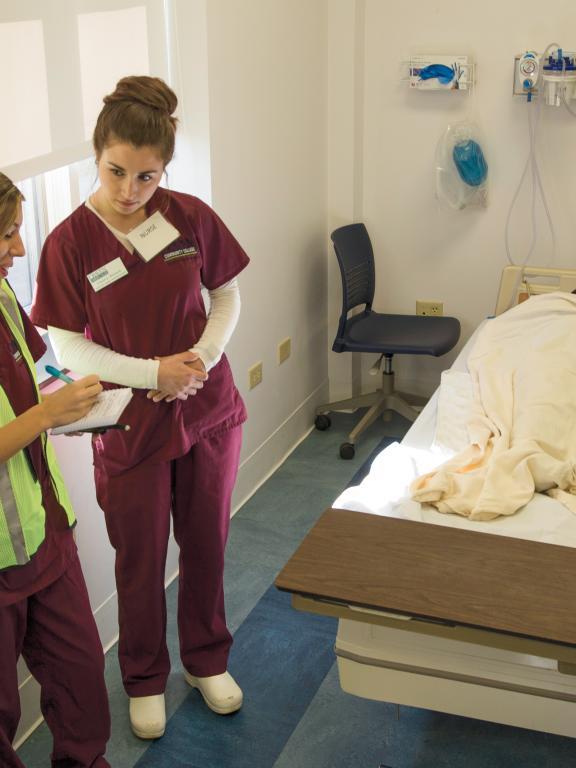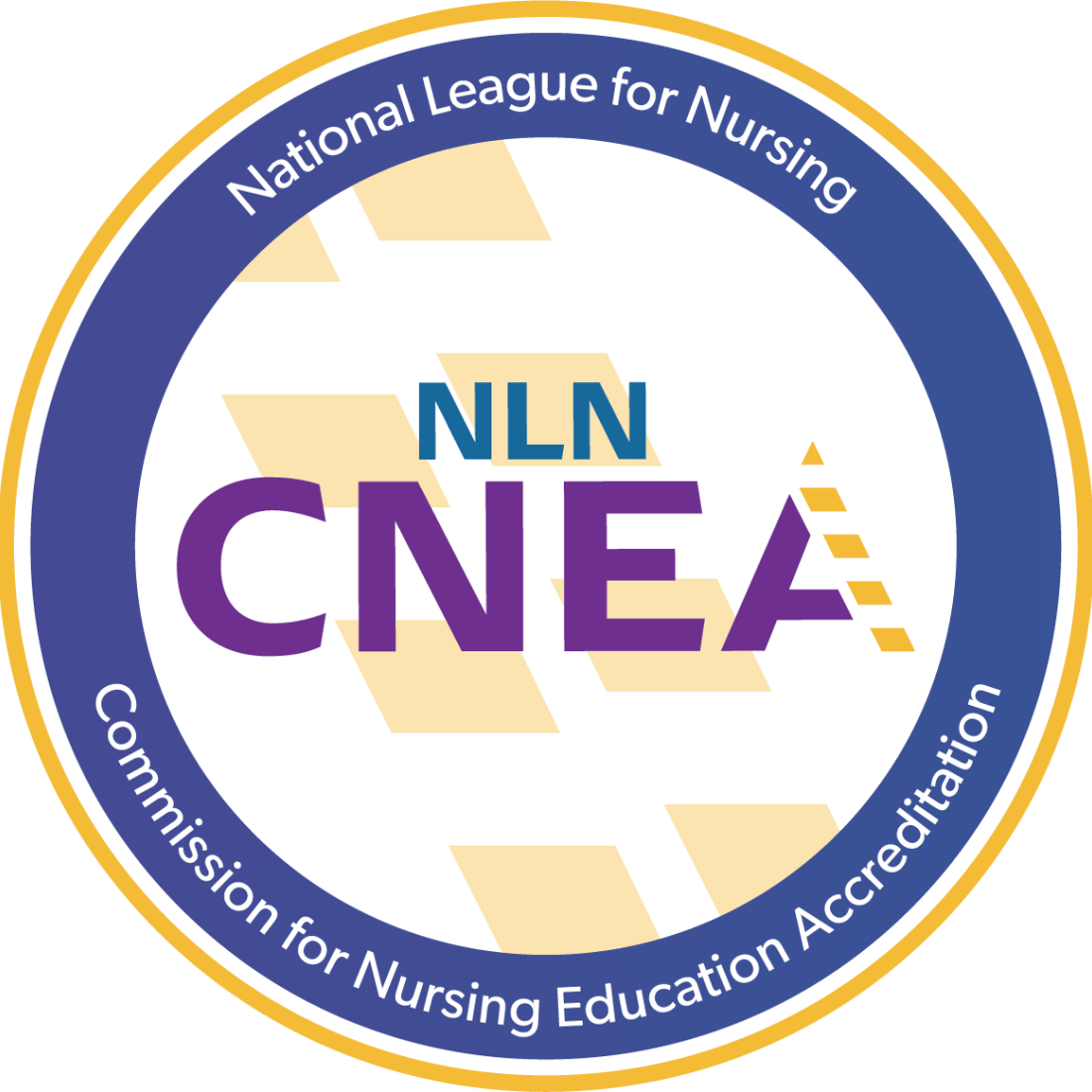Our Practical Nursing diploma program will provide you with the knowledge and skills to provide nursing care to children and adults. You will participate in assessment, planning, implementing, and evaluating nursing care. Upon graduating, you can take the National Council Licensure Examination (NCLEX-PN), which is required for practice as a licensed practical nurse. The Practical Nursing program begins each fall.
This is a diploma program and requires fewer credits and less time to complete than a degree program.
Skills You’ll Learn
The Practical Nursing program is focused on job-related skills in the following areas:
- Participate in evaluating the concepts of the holistic individual and client response in the promotion of health, wellness, illness, quality of life, and the achievement of potential
- Practice professional nursing behaviors, within the ethical legal practice boundaries of the LPN, incorporating personal responsibility and accountability for continued competence
- Participate in providing evidence-based nursing care from an established plan of care based on biophysical, psychosocial, and cultural needs of clients in various stages of growth and development while assisting them to attain their highest level of wellness
- Reinforce and/or implement the teaching plan developed and delegated by the registered nurse to promote the health of individuals, incorporating teaching and learning principles
- Provide individualized, safe, and effective nursing care in a structured setting under supervision
- Demonstrate caring behaviors in implementing culturally-competent, client-centered nursing care to diverse clients of all ages
- Participate in Quality Improvement by identifying hazards and errors and by suggesting to the registered nurse changes to improve the client care process
- Utilize informatics to access, manage, and communicate client information
- Evaluate nursing interventions and strategies, quality improvement processes, and technologies to ensure positive individual and organizational outcomes
- Practice in collaborating with interdisciplinary healthcare teams to support positive individual and organizational outcomes in a safe and cost-effective manner
Career Opportunities
There are many employment opportunities for Practical Nursing graduates, including:
- Clinics
- Home health agencies
- Hospitals
- Rehabilitation/long-term care facilities
- Physicians’ offices
Plan of Study
The recommended course sequence for this program and a complete list of related classes are available in the Academic Catalog. Click the button below to view a copy of this plan of study, which is also available as a PDF.

